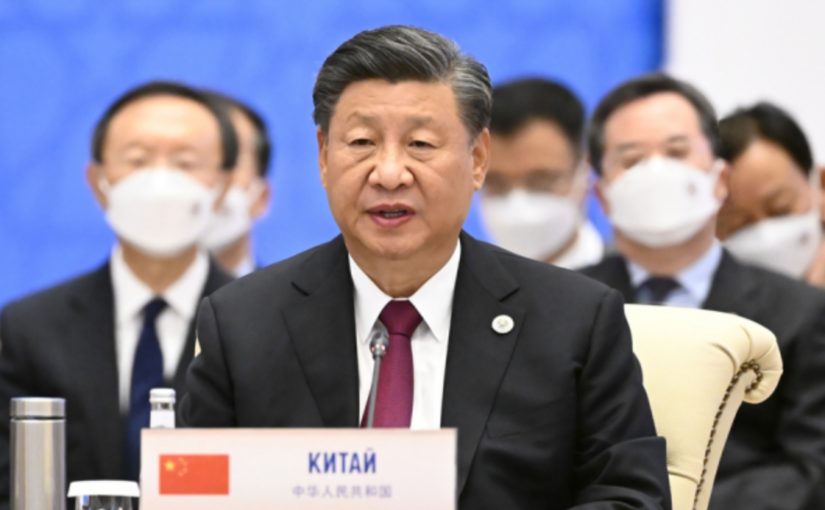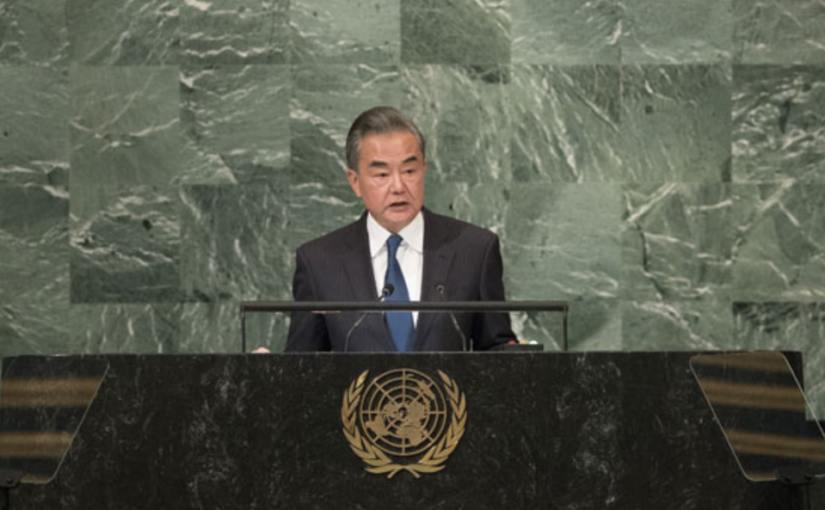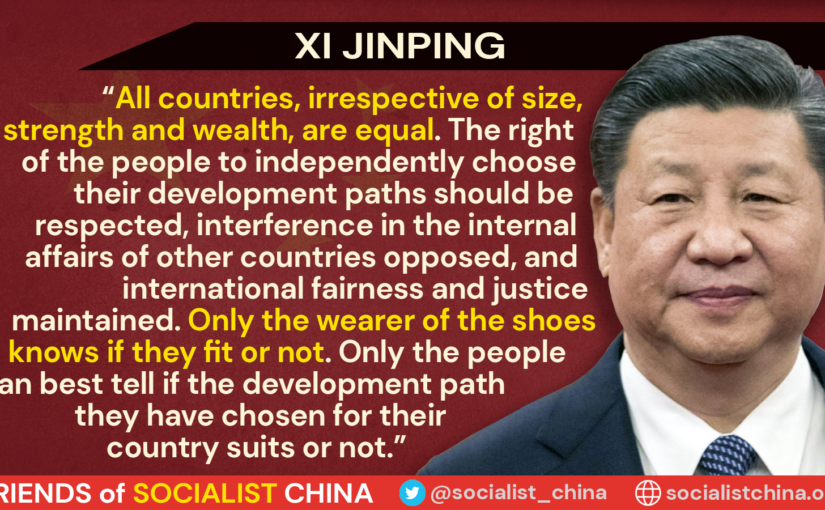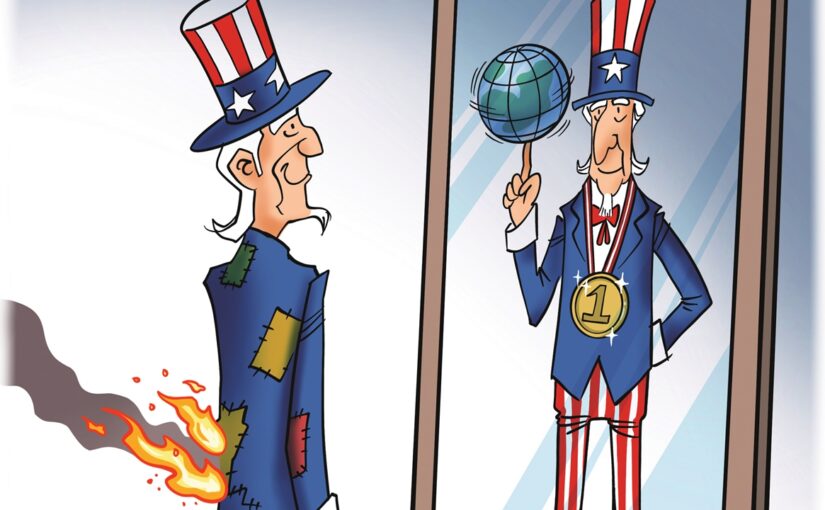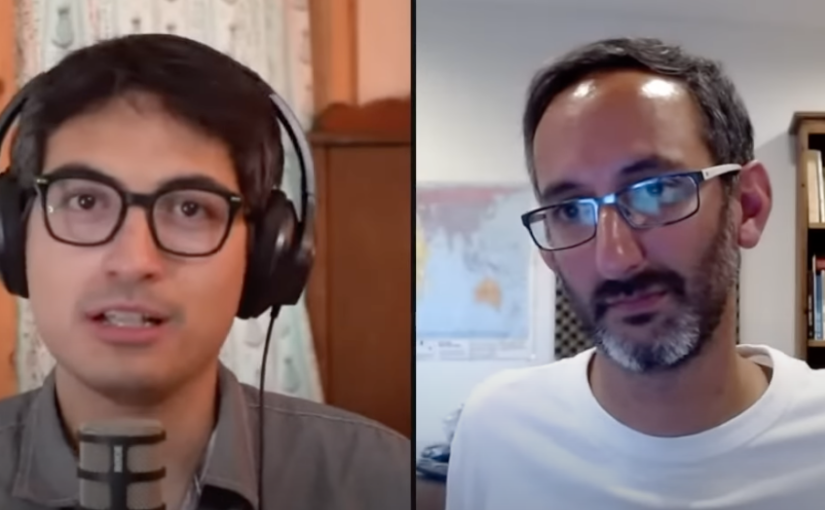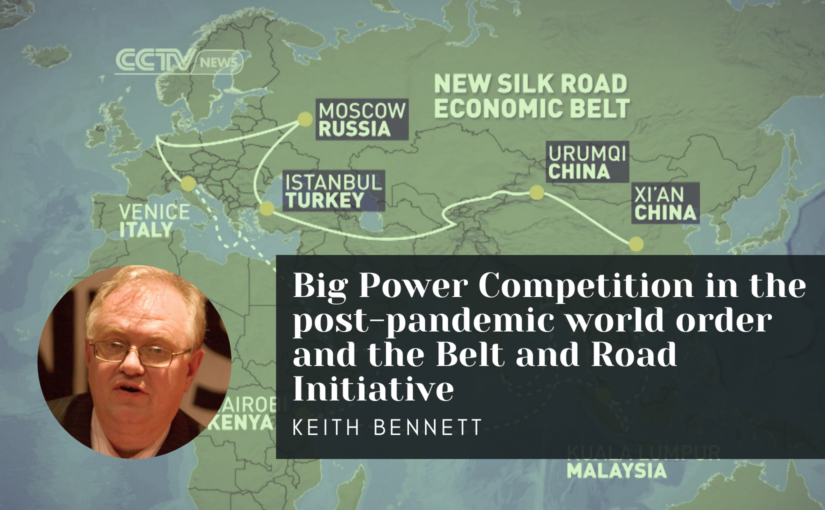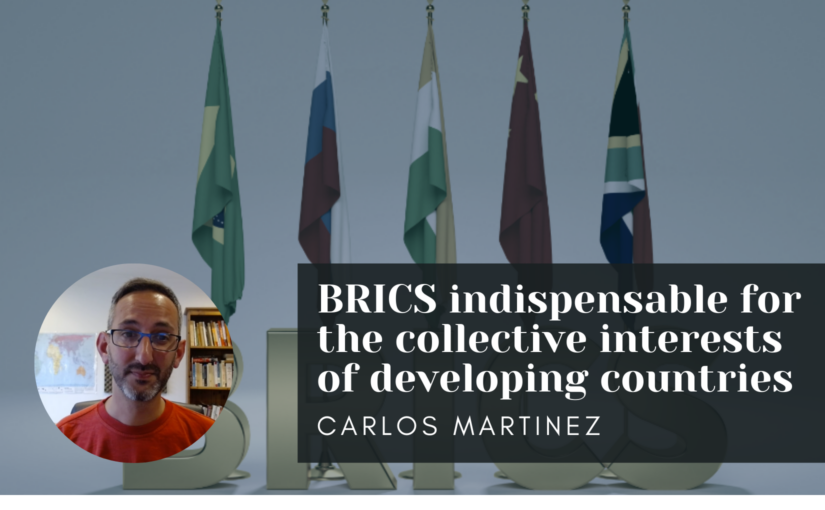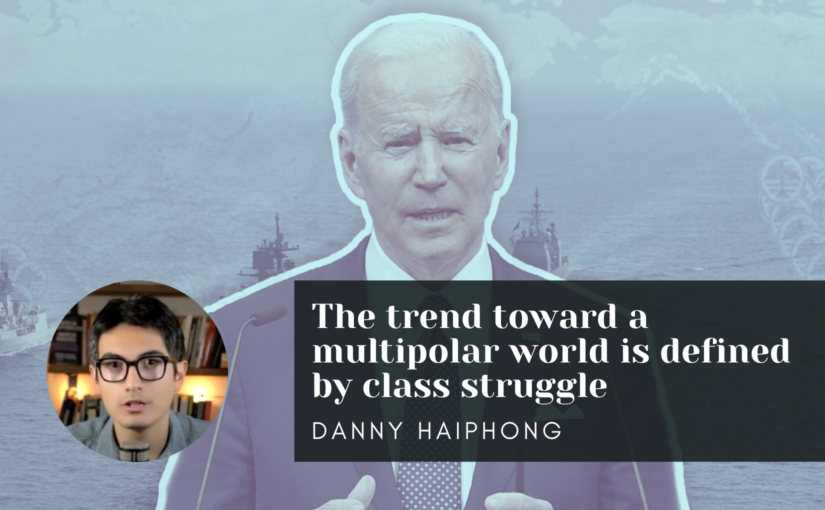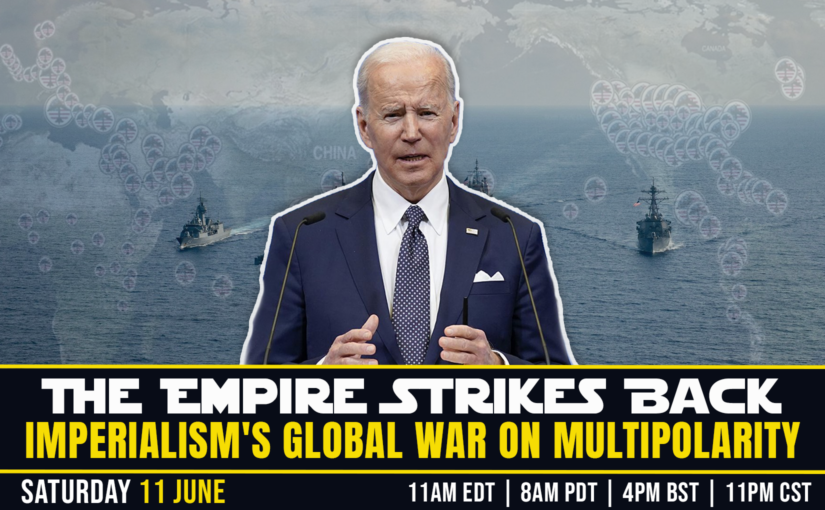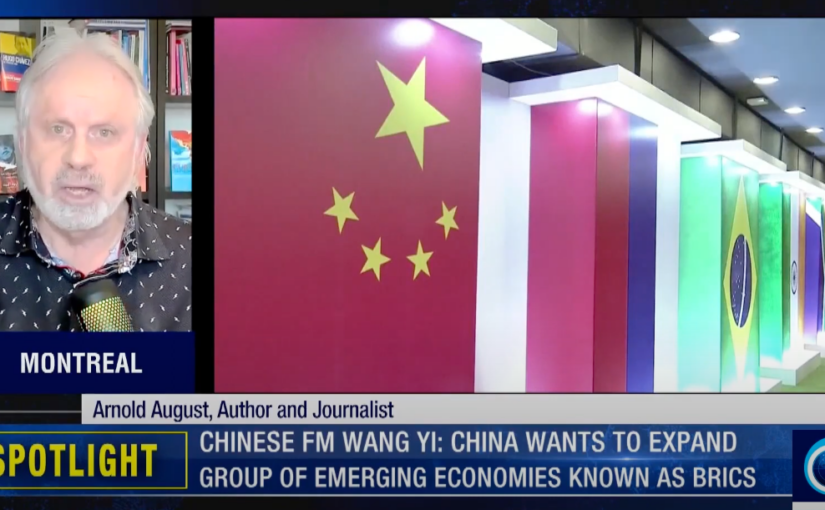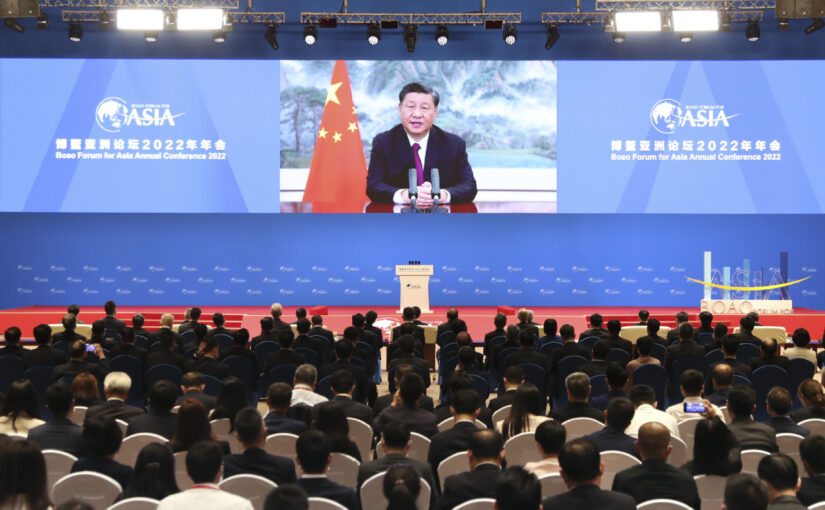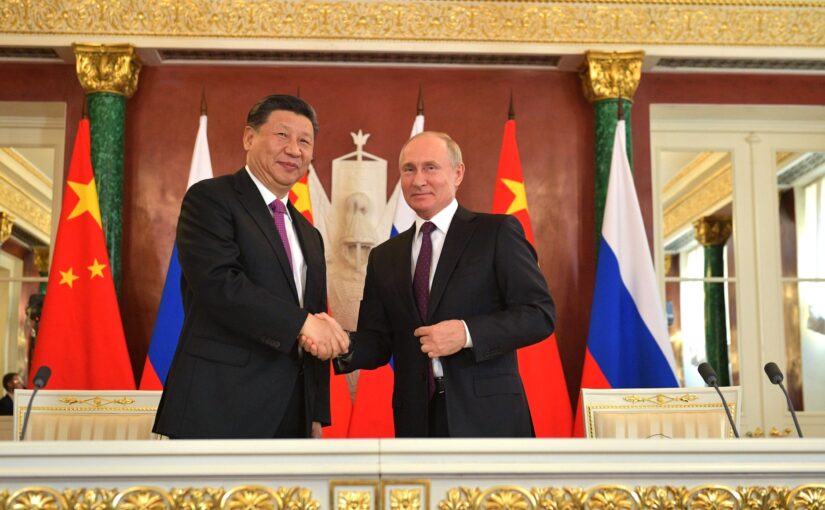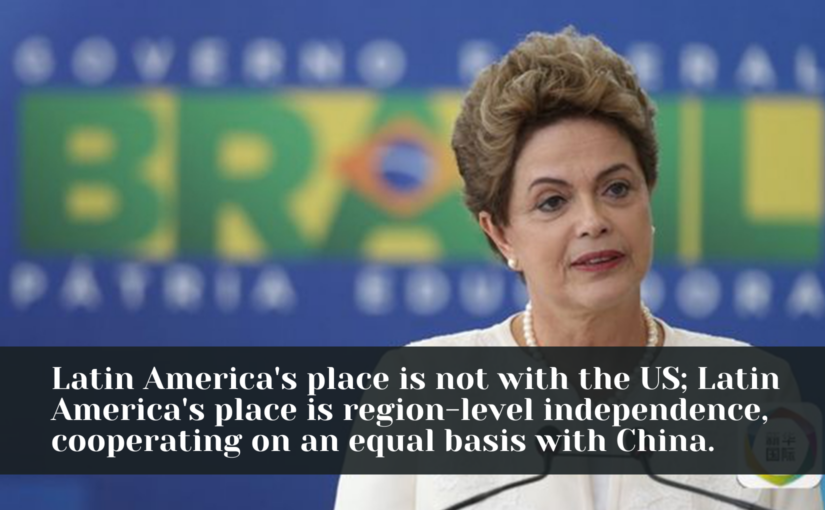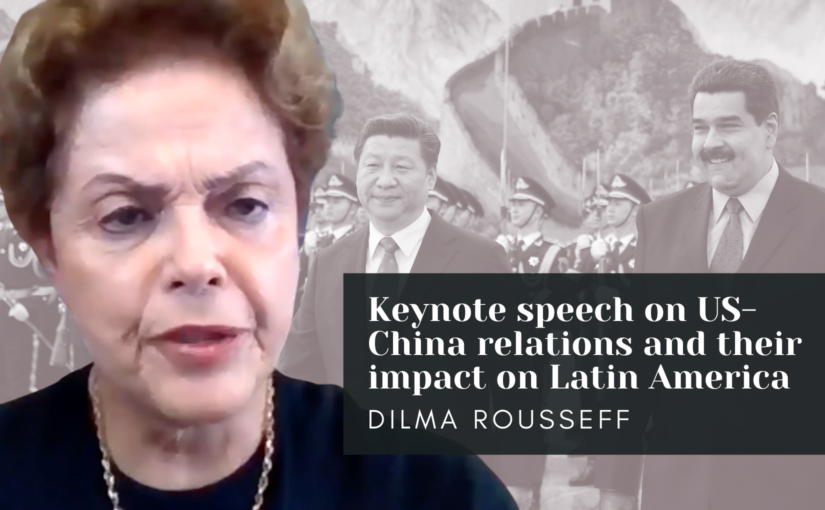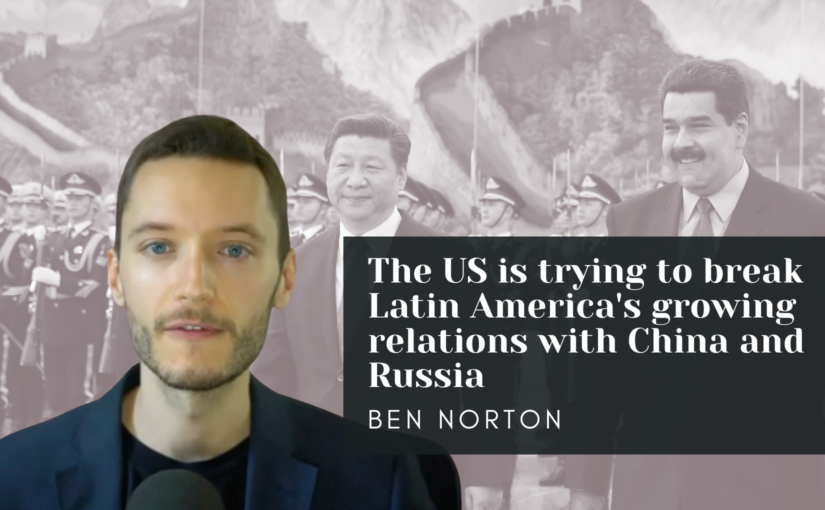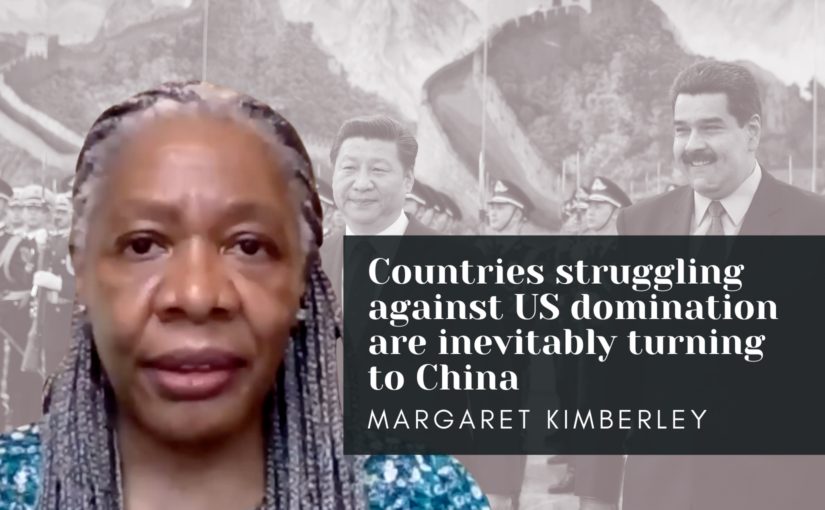From September 14-16, 2022, Chinese President Xi Jinping attended the 22nd Meeting of the Council of Heads of State of the Shanghai Cooperation Organization (SCO), held in Samarkand, Uzbekistan’s historic Silk Road city, and paid state visits to Kazakhstan and Uzbekistan. Attending nearly 30 multilateral and bilateral events in 48 hours, this was the Chinese leader’s first foreign visit since the onset of the global pandemic.
Below, we publish two important articles – the full text of Xi Jinping’s speech to the SCO summit, reproduced from the website of the Xinhua News Agency, and the briefing on the visit, given to accompanying journalists by Foreign Minister Wang Yi at its conclusion, reproduced from the website of the Chinese Foreign Ministry.
In his speech, President Xi identified a number of positives to be drawn on in the SCO’s practice:
- Political Trust: “We respect each other’s core interests and choice of development path and support each other in achieving peace, stability, development, and rejuvenation.
- Win-win cooperation.
- Equality between nations: “We reject the practice of the strong bullying the weak or the big bullying the small.”
- Openness and inclusiveness.
- Equity and justice: “We are committed to the purposes and principles of the UN Charter…and oppose the pursuit of one’s own agenda at the expense of other countries’ legitimate rights and interests.”
He went on to outline what the organization needed to do:
- We need to enhance mutual support: “We should guard against attempts by external forces to instigate ‘color revolution,’ jointly oppose interference in other countries’ internal affairs under any pretext and hold our future firmly in our own hands.”
- We need to expand security cooperation.
- We need to deepen practical cooperation. “To deliver a better life for people of all countries in the region is our shared goal.” SCO member states should “expand shares of local currency settlement, better develop the system for cross-border payment and settlement in local currencies, work for the establishment of an SCO development bank, and thus speed up regional economic integration… China stands ready to carry out space cooperation with all other parties and provide satellite data service to support them in agricultural development, connectivity and disaster mitigation and relief.”
- We need to enhance people-to-people and cultural exchanges.
- We need to uphold multilateralism.
Xi Jinping noted that: “In recent years, an increasing number of countries have applied to join our SCO family. This fully demonstrates the power of SCO’s vision and the widely shared confidence in its future.” Elaborating in his briefing, Wang Yi said:
“At the summit, the SCO accepted Iran as a member state, supported the starting of the procedure for the accession of Belarus, granted Egypt, Saudi Arabia, and Qatar the status of SCO dialogue partners, and reached agreement on admitting Bahrain, the Maldives, the United Arab Emirates (UAE), Kuwait and Myanmar as new dialogue partners…It helps consolidate the standing and influence of the SCO as an organization for regional cooperation with the largest population and the largest landmass in the world, and…also fully shows that the SCO is not an isolated and exclusive ‘small circle’, but an open and inclusive ‘big family’.”
Regarding President Xi’s diplomatic work, Wang Yi noted that besides the summit meetings held during his state visits to Kazakhstan and Uzbekistan, the Chinese leader held bilateral meetings with the leaders of Russia, Kyrgyzstan, Turkmenistan, Tajikistan, Iran, Belarus, Pakistan, Mongolia, Türkiye and Azerbaijan, as well as a trilateral meeting together with Russia and Mongolia. Together with Belarus President Aleksandr Lukashenko, Xi issued a joint statement, unanimously deciding to upgrade China-Belarus relations to an all-weather comprehensive strategic partnership.
Wang Yi observed that international commentary had described the President’s tour as, “a strategic step China has taken to unite with its SCO friends in order to penetrate the attempted encirclement by the United States.”
Ride on the Trend of the Times and Enhance Solidarity and Cooperation to Embrace a Better Future
Statement by Xi Jinping at the 22nd Meeting of the Council of Heads of State of The Shanghai Cooperation Organization, Samarkand, Sept. 16, 2022
Your Excellency President Shavkat Mirziyoyev,
Colleagues,
I am delighted to attend the meeting of the Council of Heads of State of the Shanghai Cooperation Organization (SCO). I would like to thank you, President Mirziyoyev, for your warm hospitality and thoughtful arrangements. I salute Uzbekistan for the great job it has done to promote SCO cooperation in various fields during its presidency over the past year.
Samarkand, renowned as the pearl on the Silk Road, witnessed the glory of the ancient Silk Road, a route that greatly boosted the flow of goods, spread of science and technology, interaction of ideas, and integration of diverse cultures on the Eurasian continent. Indeed, the ancient Silk Road has remained a historical source of inspiration for us SCO member states as we pursue peace and development.
Continue reading Xi Jinping: Enhance solidarity and cooperation to embrace a better future